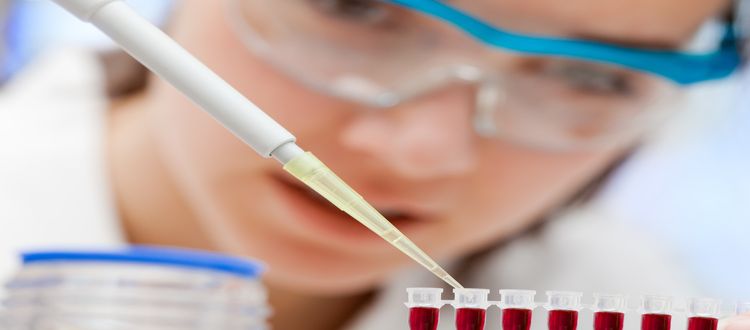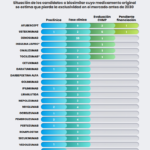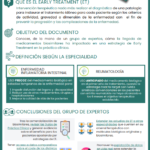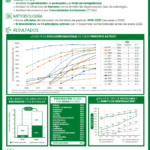The biosimilar drugs were the protagonists in a meeting organized yesterday by the Ministry of Health, Social Services and Equality and the employers' association AESEG (Spanish Association of Generic Medicines) in collaboration with the EGA (European Generic Medicines Association), in which several international experts took part. One of the most important conclusions of the meeting was that the biosimilar drugs in Spain they will generate savings of 1.500 million euros between now and 2020, in addition to favoring and increasing access to biological medicines and promoting pharmaceutical innovation. This saving could increase from 2020 as a result of the expiration rate of patents for new biological products.
The biosimilar drugs, which are not generic drugs and therefore should not be equated through their inclusion in the Reference Price System, offer the same guarantees of quality, safety and efficacy than the original products and are guaranteed and accredited by the European Medicines Agency (EMA) and approved by the European Commission. Information and training on biosimilar medicines One of the conclusions of the meeting that took place this morning at the Ministry of Health, Social Services and Equality is the need to develop an information and training policy to defuse the unfounded misgivings about biosimilar medicines that have arisen among certain market players and that make it difficult for a greater number of patients to access biological treatments for serious diseases.
In addition, the coordinator of the Biosimilars Access Group of the employers' association EGA, Paul Greenland, pointed out during the day that “biosimilar medicines are not the same as generic medicines and therefore there is a big difference in their development process and cost and in how they are used by healthcare professionals”. Greenland warned that not implementing a pricing and financing system that does not take into account the special characteristics of biosimilar medicines could have a serious impact on the sustainability of the industry, with consequences for the National Health System (SNS) and for the patients in the future. For his part, he Professor Fernando de Mora from the Department of Pharmacology of the Autonomous University of Barcelona and an international expert in biosimilar medicines, highlighted that the organization of training and information forums from the health administrations "should be an essential step to implement a correct knowledge of the biosimilar medicine in Spain" and that the Autonomous Communities, with the support of the Ministry of Health, "should Promote incentive systems for the prescription and use of biosimilar medicines as an essential measure to encourage cost containment and the access of more patients to biological treatments”.
Biosimilar medicines: more savings for the National Health System
According to the experts who met today at the Ministry of Health, Social Services and Equality in Madrid, the rate of expiration of patents for biotechnological products and the growth of the market allow us to anticipate that the launch of biosimilar medicines until 2020 could increase savings to the National Health System (SNS). As explained by the general director of the employers' association AESEG, Angel Luis Rodriguez de la Cuerda, “biosimilar medicines represent a paradigm shift and the health administration must promote information policies that help doctors and patients understand the scientific support that supports and guarantees them”. In this sense, the AESEG employers will contribute to train and inform doctors through the creation of an annual discussion forum on biosimilar medicines aimed at doctors themselves, which will include the voices of medical associations and the administration. The first of them will take place in Madrid during the celebration of the 20th international congress of the European employer association EGA next June. In addition, AESEG will contribute to the health administrations of the Autonomous Communities to transfer regulatory and scientific information on biosimilar medicines to the hospital centers under its jurisdiction.




